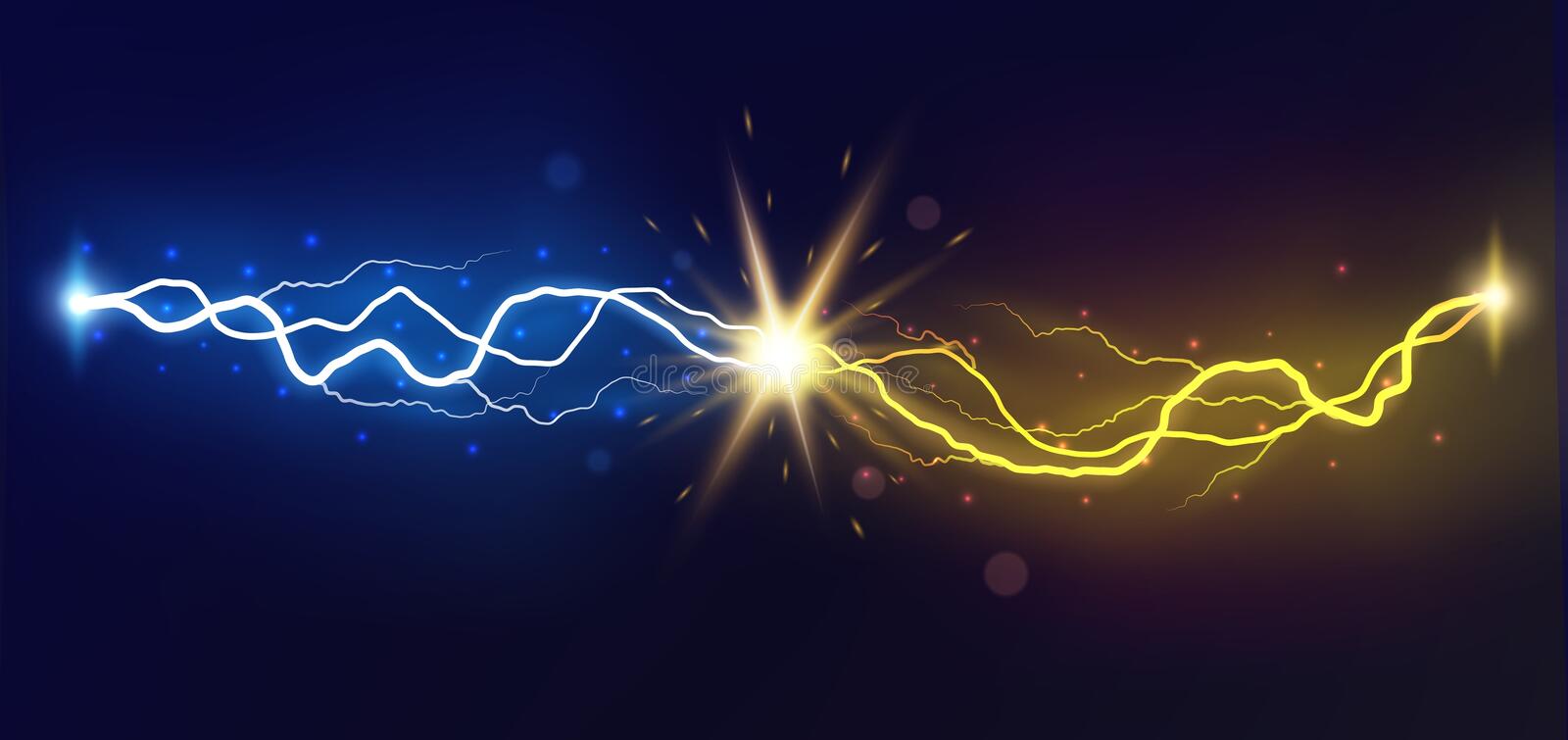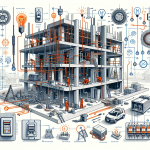Overview:
The Electrical Power Course is designed to provide participants with a comprehensive
understanding of electrical power systems, including generation, transmission, distribution,
and utilization. The course covers the principles of electrical engineering, electrical machines,
and power system protection, with practical applications in real-world scenarios.
This course is ideal for aspiring electrical engineers, technicians, and anyone interested in the
field of electrical power systems.
Course Objectives:
– Understand the fundamentals of electrical power generation, transmission, and
distribution.
– Learn about different types of electrical machines and their applications.
– Gain knowledge of power system components and their functions.
– Explore power system protection and control strategies.
– Develop skills to analyze and design electrical power systems.
Training Content:
1. Introduction to Electrical Power Systems:
– Overview of electrical power systems and their importance.
– Basic concepts of voltage, current, resistance, and power.
– Types of electrical power generation: conventional and renewable sources.
2. Power Generation:
– Principles of power generation.
– Types of power plants: thermal, hydro, wind, solar, and nuclear.
– Generation technologies and their impact on the environment.
3. Power Transmission:
– Transmission line fundamentals: design and analysis.
– Types of transmission lines and their characteristics.
– High-voltage transmission and its advantages.
4. Power Distribution:
– Distribution system components: substations, transformers, and feeders.
– Types of distribution systems: radial, loop, and network.
– Distribution network design and voltage regulation.
5. Electrical Machines:
– Types and applications of electrical machines: transformers, generators, and motors.
– Operation principles and performance characteristics.
– Sizing and selection of electrical machines for specific applications.
6. Power System Protection:
– Introduction to power system protection principles.
– Protective devices: relays, fuses, and circuit breakers.
– Protection schemes for transmission and distribution systems.
7. Power Quality and Control:
– Understanding power quality issues: harmonics, voltage sags, and flicker.
– Solutions for improving power quality.
– Control strategies for power systems: SCADA systems and automation.
8. Practical Applications:
– Hands-on training with electrical power system simulations.
– Real-world case studies and projects.
– Preparation of technical reports on electrical power system analyses.
9.Evaluation and Testing:
– Pre- and post-assessments to measure participant understanding.
– Final project presentation and evaluation.
Target Audience:
– Electrical engineers and technicians.
– Engineering students specializing in electrical power systems.
– Professionals working in power generation, transmission, and distribution sectors.
– Individuals interested in enhancing their knowledge of electrical power systems.
This course is structured to provide a solid foundation in electrical power systems, preparing
participants for careers in the energy sector and related fields






